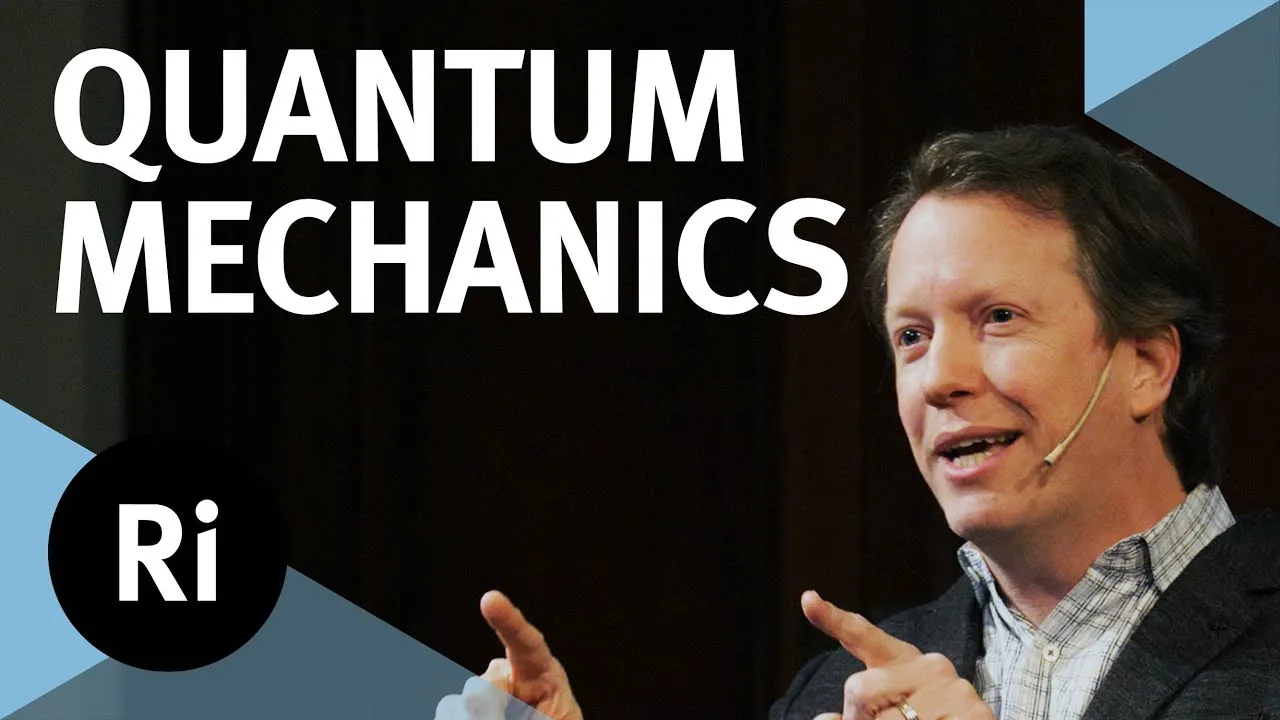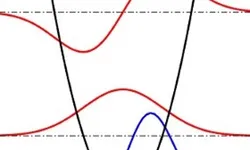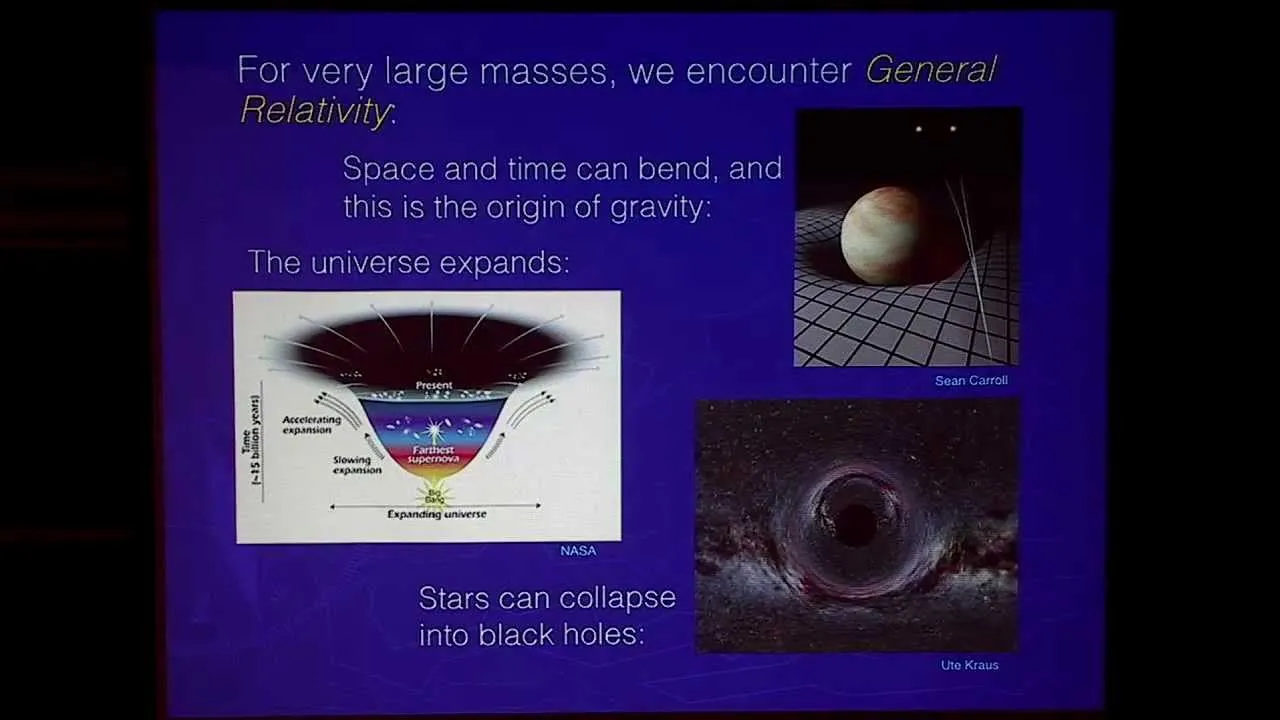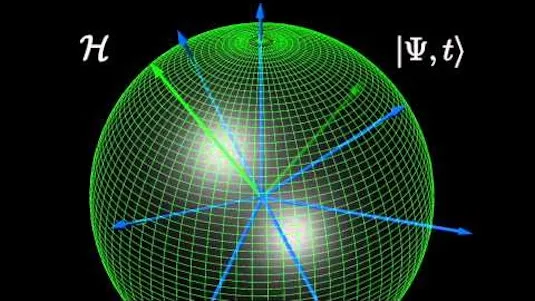
A Brief History of Quantum Mechanics - with Sean Carroll 
Sean Carroll, a renowned physicist, provides an overview of the history and development of quantum mechanics, the most accurate description of reality known to science. Join him to explore this mysterious and fascinating field. ▼
ADVERTISEMENT
Course Feature
![]() Cost:
Cost:
Free
![]() Provider:
Provider:
Youtube
![]() Certificate:
Certificate:
No Information
![]() Language:
Language:
English
![]() Start Date:
Start Date:
Self Paced
Course Overview
❗The content presented here is sourced directly from Youtube platform. For comprehensive course details, including enrollment information, simply click on the 'Go to class' link on our website.
Updated in [March 06th, 2023]
Sean Carroll, a theoretical physicist at Caltech, will provide an overview of the history of quantum mechanics, from its early days to the present. He will explain the basic principles of the theory, and discuss some of the most important experiments that have been done to test it. He will also discuss the implications of quantum mechanics for our understanding of the universe, and how it might be used in the future. This course is designed for anyone interested in learning more about the strange and fascinating world of quantum mechanics.
[Applications]
After taking this course, students should be able to apply the principles of quantum mechanics to their own research. They should be able to understand the implications of the theory and how it can be used to explain phenomena in the natural world. Additionally, students should be able to use the mathematical tools of quantum mechanics to solve problems and make predictions. Finally, students should be able to communicate their understanding of quantum mechanics to others in a clear and concise manner.
[Career Paths]
1. Quantum Computing Engineer: Quantum computing engineers are responsible for designing, developing, and testing quantum computing systems. They must have a deep understanding of quantum mechanics and be able to apply it to the development of new technologies. As quantum computing continues to develop, the demand for quantum computing engineers is expected to grow.
2. Quantum Physicist: Quantum physicists are responsible for researching and understanding the behavior of matter and energy at the atomic and subatomic level. They must have a deep understanding of quantum mechanics and be able to apply it to their research. As quantum computing continues to develop, the demand for quantum physicists is expected to grow.
3. Quantum Materials Scientist: Quantum materials scientists are responsible for researching and developing materials that can be used in quantum computing systems. They must have a deep understanding of quantum mechanics and be able to apply it to the development of new materials. As quantum computing continues to develop, the demand for quantum materials scientists is expected to grow.
4. Quantum Software Developer: Quantum software developers are responsible for developing software that can be used in quantum computing systems. They must have a deep understanding of quantum mechanics and be able to apply it to the development of new software. As quantum computing continues to develop, the demand for quantum software developers is expected to grow.
[Education Paths]
1. Physics Degree: A physics degree is the most direct path to understanding quantum mechanics. Physics degrees cover the fundamentals of quantum mechanics, including the mathematics and principles behind the theory. Additionally, physics degrees often include courses in related fields such as astrophysics, cosmology, and particle physics, which can provide a more comprehensive understanding of the universe.
2. Mathematics Degree: Mathematics is an essential component of quantum mechanics, and a mathematics degree can provide a deeper understanding of the theory. Mathematics degrees cover topics such as linear algebra, calculus, and differential equations, which are all necessary for understanding quantum mechanics. Additionally, mathematics degrees often include courses in related fields such as computer science, which can provide a more comprehensive understanding of the theory.
3. Computer Science Degree: Computer science is an increasingly important field in quantum mechanics, as computers are used to simulate and analyze quantum systems. Computer science degrees cover topics such as algorithms, data structures, and programming languages, which are all necessary for understanding quantum mechanics. Additionally, computer science degrees often include courses in related fields such as artificial intelligence, which can provide a more comprehensive understanding of the theory.
4. Engineering Degree: Engineering degrees provide a more practical approach to quantum mechanics. Engineering degrees cover topics such as electronics, robotics, and control systems, which are all necessary for understanding and applying quantum mechanics. Additionally, engineering degrees often include courses in related fields such as materials science, which can provide a more comprehensive understanding of the theory.
Course Provider

Provider Youtube's Stats at AZClass
Discussion and Reviews
0.0 (Based on 0 reviews)
Explore Similar Online Courses

Preparing for your digital life in the 21st Century

The Midnight Quilt Show Season 2

Python for Informatics: Exploring Information

Social Network Analysis

Introduction to Systematic Review and Meta-Analysis

The Analytics Edge

DCO042 - Python For Informatics

Causal Diagrams: Draw Your Assumptions Before Your Conclusions

Whole genome sequencing of bacterial genomes - tools and applications

Foundations of Quantum Mechanics

Gravity and Quantum Mechanics - The Quest for Unification


Start your review of A Brief History of Quantum Mechanics - with Sean Carroll